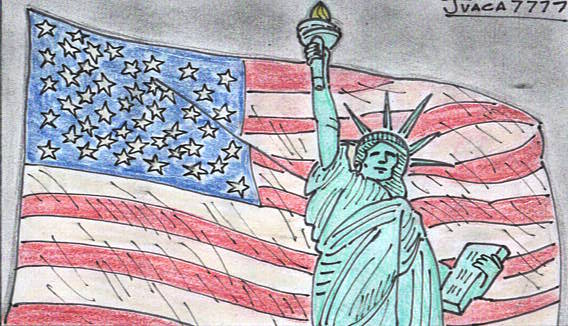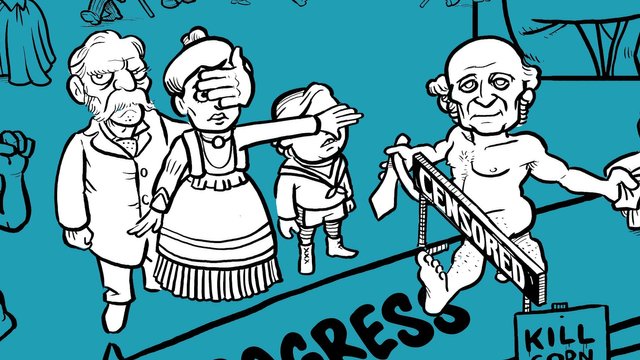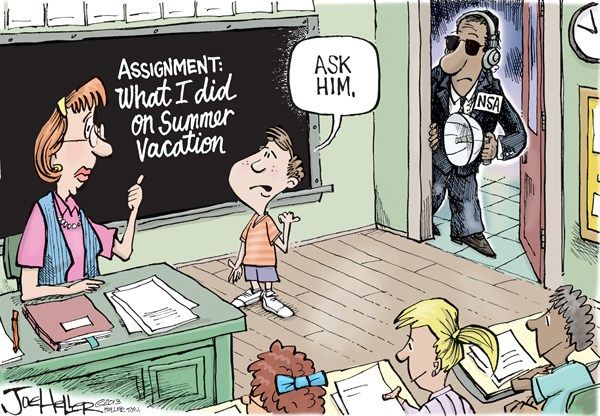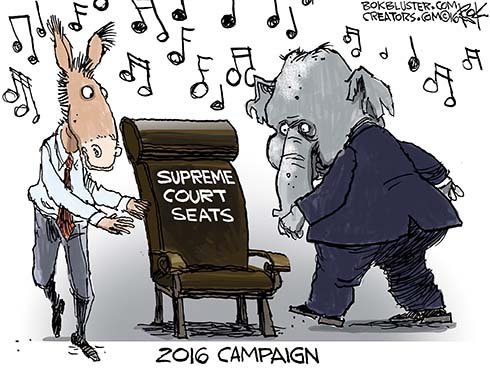In the current state of affairs, we would have to review the worth of Civil Liberties in America by objectively answering two questions: 1.What’s the appropriate scope of their law?; 2. How efficient is that Law’s application from federal to state level? One question deals with defining government’s restrictions; the other struggles when justifying the Supreme Court’s absolute mandate. Before answering, we have to recognize that Civil Liberties are directly related to law. Liberties inhibit the setting of laws that restrict freedom’s exercise, and that inhibition applies to each state regardless of how different they might be. In the light of this reasoning, the worth of the Bill of Rights relies entirely on its applicability and its universality, and those are the aspects that I wish to review.

By definition, civil liberties are meant to be the common folk’s choices in which government can not interfere. But being the government in charge of distributing these liberties, who’s who to define the limit of government’s prerogatives? That’s the anguish of Law. John Stuart Mill offers an interesting way to delineate that limit. It is based on what he called “The Harm Principle”, and it advocates that Law should only be imposed by governments in order to restrict people’s intention to harm each other. Over the years, the Federal Government has used a Mill-like liberal approach to define when people are actually endangering their peers, but paradoxically, they haven’t done anything to recognize the regulations they have to follow in order to interfere with people’s lives.

In order to grasp Mill’s point of view in terms of the contemporary scope of law, we can study the contradiction between the NSA Scandal (2013), and the late success of same-sex marriage on the Supreme Court (2015). NSA's activities meant a conflict between people and government; people’s right to privacy was being violated. Same-sex marriage was a dispute between different people interpreting the same right; the Supreme Court ruled in favor of the Equal Protection of rights. The difference on the outcome of both issues, is that the first one is actually seeking to restraint a government’s intervention, whereas the second one, relates to a matter of consensus within the government. My point is this: while some dogmatic interdicts of people are being deleted by law, the other face of the problem keeps been neglected. I am talking about the actual prohibitions of the government’s power. Civil Liberties are currently used as excuses to enhance the limits of what we can individually do, but they fail in fulfilling their original purpose: Regulating government’s competencies over people. The scope of law is only appropriate when these contradictions are not so obvious, and in this case, it isn’t appropriate.

The efficiency of the Bill of Rights as a Federal standard has to be examined by the side of issues, being bureaucracy the most distinctive. We can easily relate to it when we consider the time it takes for a case to be admitted for its review into the Supreme Court. That's the spirit of bureaucracy and its unnecessary filters. The Supreme Court took 5 long years to admit and deliberate the historic verdict of Tinker V Des Moines; that's an awful quantity of time loss. To examine the Supreme Court's ruling by its efficiency, would amount to challenge its time-wise decisiveness. Bureaucracy is not only an American problem, but it makes the American system particularly unapproachable. We should not be so harsh since not all the prerogatives of the judiciary are related to the Supreme Court. There are many federal courts created by the Congress that still play a huge role in today's politic panorama, like the Court of International trade. The changes that I find necessary for the legistative to do, are only for the sake of its simpleness.

Civil Liberties' worth is unmeasurable because they protect us from ourselves, our representatives in government, and our peers. Hence, even if the first set of Ammendments might seem vague, we have to fight for its correct interpretation in order to set a definitive limit on the government's power over people. Doing that, the law’s scope will be balanced, and bureaucracy won’t have to deal with erratic procedures. We fight against arbitrary policies by taking a fair judgement of which laws are actually restraining our freedom, and which ones are government’s guarantees to remain on power. It is a matter of time, and common sense.